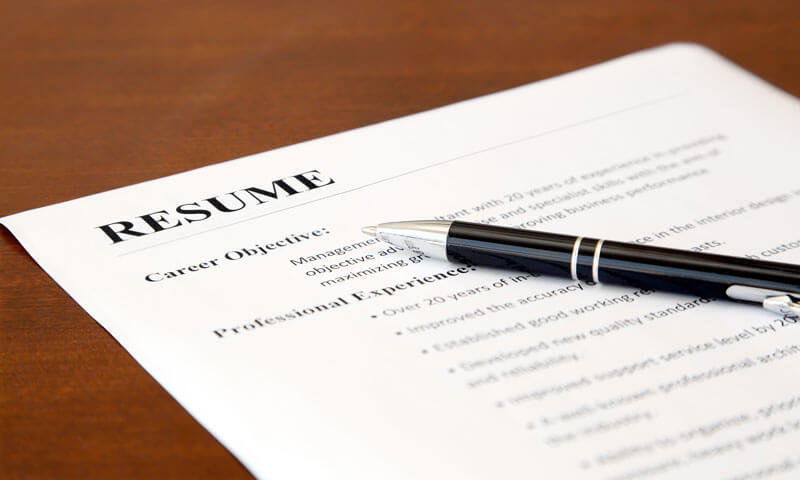
However, the issue still remained unsettled to some who raised it again this week before the ABA House. The resolution 10A asking the ABA House of Delegates to reaffirm its position against nonlawyer ownership of law firms received 92 “salmon slips” with people asking to speak for or against the issue. By the time four people had finished presenting their views, the House realized the danger of infinite debate in real time and postponed the resolution indefinitely.
The Resolution 10A which asked the House to reaffirm its stance against nonlawyer ownership of law firms mentioned, “Substantial media attention has been placed on the Commission’s activities … this attention may have created the perception that the ABA is going to change its Model Rules to permit fee splitting and nonlawyer ownership of law firms …. The American Bar Association should wait no longer to make it clear to the public that this is not going to happen.”
The American Bar Association has decided to wait.
Former ABA President H. Thomas Wells Jr. was against the resolution. He called the resolution “insidious,” and said it sends a “chilling message” to the Ethics 20/20 Commission to stop debate. He said the issue arises only in context of fee-sharing arrangements between lawyers and nonlawyers in firms where jurisdictions permit such interactions. He also mentioned that besides Washington D.C., nonlawyer participation and ownership in law firms is also becoming common practice in Australia, Canada and the UK.
Lawrence Fox, a member of the House of Delegates from Philadelphia observed, “We are exporting our standards, not importing the lowest common denominator from some other country.”






































